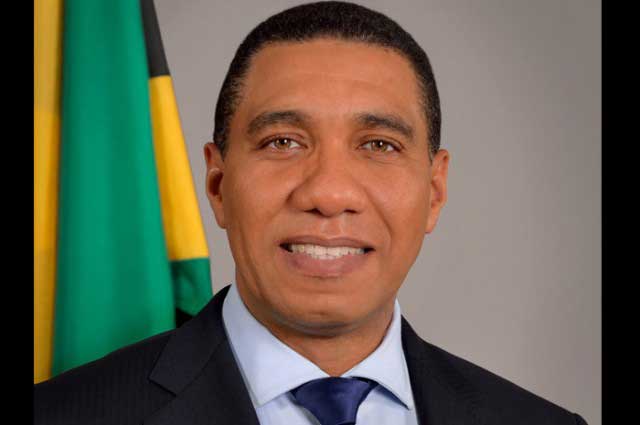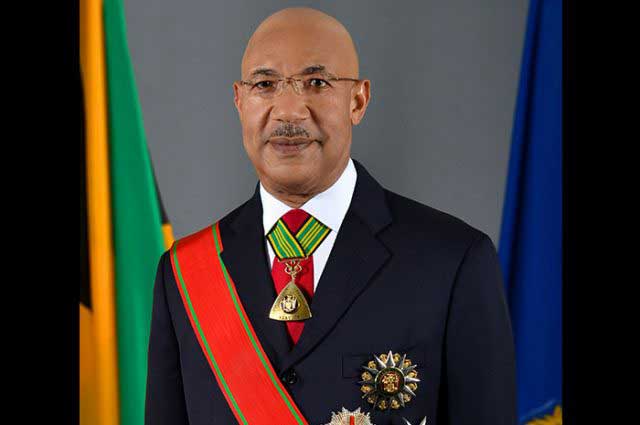The Jamaican Government operates a democratic system of government guaranteed by a Constitution and reinforced by the rule of law.
The Head of State is the Queen of England which makes Jamaica a Constitutional Monarchy. The Queen is represented as head of state by a Governor General who acts on her behalf in all matters.
The laws of the country are made by a Parliament which is divided into a lower chamber, the House of Representatives and an upper chamber, the Senate. For this reason the country is said to have a bi-cameral legislature.
The lower chamber is the House of Representatives comprises 63 persons who are elected every 5 years by eligible voters. An eligible voter is a citizen of Jamaica who has attained 18 years of age and has been formally registered to vote. Elected representatives are Members of parliament (MPs). The Parliament is the highest law-making body of the land and all laws are made by the Parliament.
Jamaica operates a Westminster–type system of government in which opposing political parties contest each other to win a majority of the membership of the House of Representatives. The party that wins the majority of ‘seats’ forms the Government and the opposing party forms the Opposition. It is from the party of the majority of members that the head of the Jamaican government or Prime Minister is chosen .

The Senate consists of 21 members who are appointed by the Governor General on behalf of the Prime Minister and the Leader of the Opposition. The main role of the Senate is to review laws that are enacted by the House of Representatives and to give its final approval. Once a law has been passed by both houses of parliament, it is then sent to the Governor General for his signature and gazetted before it is implemented.

The other arm of the Jamaican government is the Judiciary. Following the principle of the ‘separation of powers’, the judiciary although being an arm of government is independent from its political arm. The judiciary assists the government in the interpretation of the law and are the overall custodians of law and order working co-operatively with the police force.
The principal instrument of policy-making is the Cabinet. It is charged with the general direction and control of the government under the leadership of the Prime Minister and its members are collectively responsible to the Parliament. It is he who selects from among members of both the lower and upper houses Ministers and who are given specific portfolios or ministries to manage. Ministers are assisted in managing their portfolios by the Civil Service who are both servants of the government and the people.
While the overall general responsibility for running the country lies with the Central Government, many of the functions relating to the day to day operations and provision of services are performed at the Local Government level. Jamaica is divided into 14 parishes and each parish is run by a council that is also elected but every three years by eligible voters resident in that parish. The Chairman or head of the Council is the Mayor. The Parish Councils operate both on the basis of a financial subvention from the Central Government and from rates and fees collected within the parish for a range of services. The chief work of the Parish Councils is to look after local interests,within the boundaries of the parishes in connection with such matters as solid waste collection and disposal, sanitation, care of the poor and elderly, street cleaning, maintenance of local roads, public health and amenities such as parks and markets.
See Article: This is Jamaica
Resources: https://www.gov.jm


